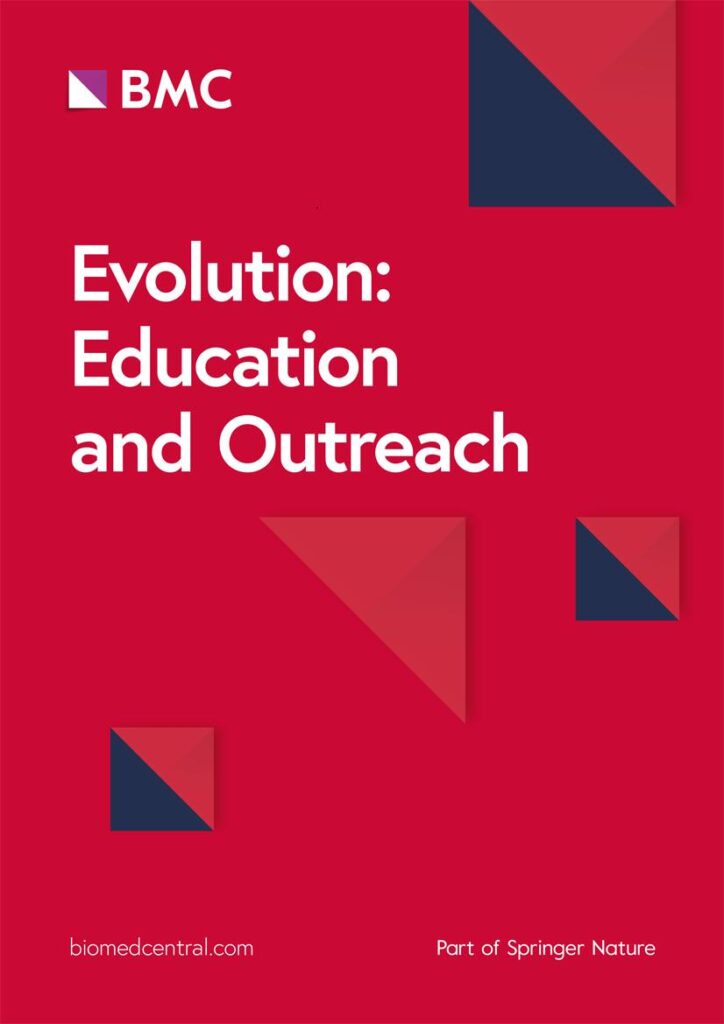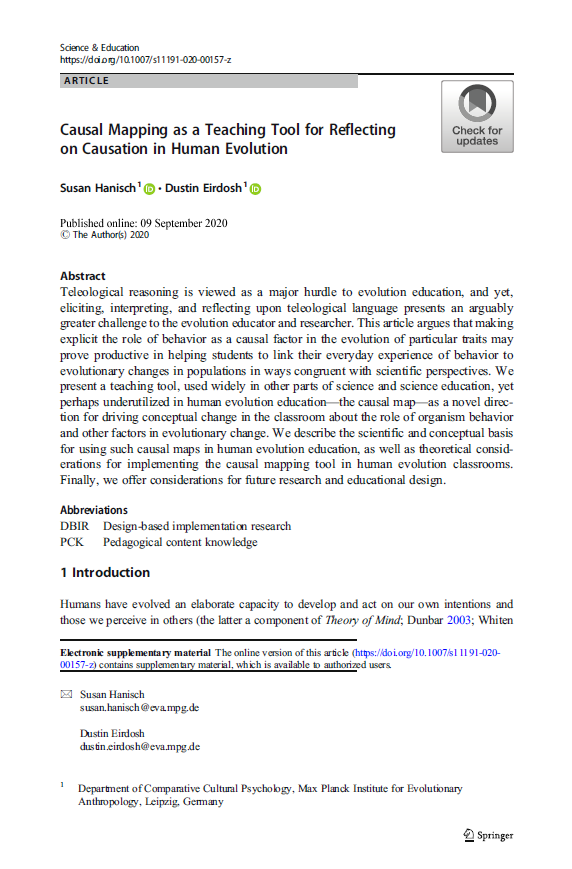Teaching experiment
Develop a lower secondary school training program on interdisciplinary perspectives in moral psychology
Develop a lower secondary school training program on deeper and more interdisciplinary perspectives in moral psychology
Develop a middle grades training program on foundations in moral psychology
Develop a middle grades training program on foundations in moral psychology
Develop a middle grades training program on foundations in moral psychology Read More »
Scaffold and ensure adaptive understandings of moral psychology
Humans across cultures and from early in childhood display a diversity of often strong moral beleifs and related actions in the world. Understanding the diversity and commonalities in human moral reasoning can be seen as a prequisite for engaging in public discourse on highly contentious and complex social or ecological issues. Schools can work to ensure an iterative, scaffolded, interdisciplinary curriculum that support adaptive understandings of diverse perspectives in moral psychology.
Scaffold and ensure adaptive understandings of moral psychology Read More »
School curricula are divided by subject areas rather than focusing on deeper interdisciplinary conceptual relationships
School curricula are divided by subject areas rather than a focus on deeper interdisciplinary conceptual relationships
Sherry, D. S. (2019). Does knowledge of evolutionary biology change high school students’ attitudes about healthy eating?. Evolution: Education and Outreach, 12(1), 1-11.
A small study was conducted at a New England high school and consisted of two research components: (1) a cross-sectional survey of students’ views about what “healthy eating” means and (2) an intervention experiment designed to isolate exposure to knowledge of evolutionary biology. Data were collected through the use of questionnaires and analyzed according to qualitative methods.
Hanisch, S. & Eirdosh, D. (2020). Causal mapping as a teaching tool for reflecting on causation in human evolution. Science & Education. https://doi.org/10.1007/s11191-020-00157-z
We present a teaching tool, used widely in other parts of science and science education, yet perhaps underutilized in human evolution education—the causal map—as a novel direction for driving conceptual change in the classroom about the role of organism behavior and other factors in evolutionary change. We describe the scientific and conceptual basis for using such causal maps in human evolution education, as well as theoretical considerations for implementing the causal mapping tool in human evolution classrooms.
NetLogo computer simulations of social-ecological systems
This topic is about the (further) development of agent-based models with the NetLogo software and associated teaching materials and their implementation and evaluation in the 8th-12th grade classrooms.
NetLogo computer simulations of social-ecological systems Read More »



